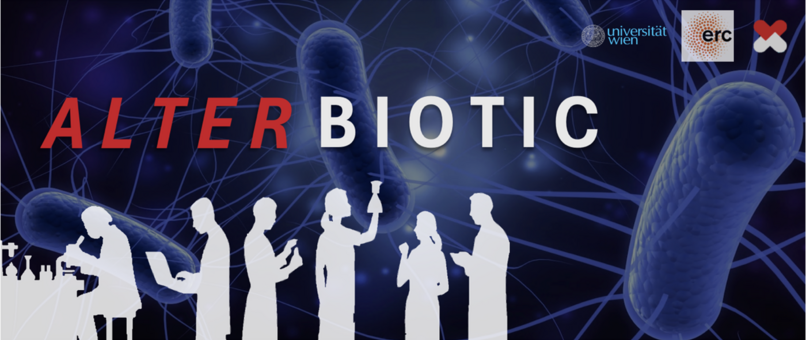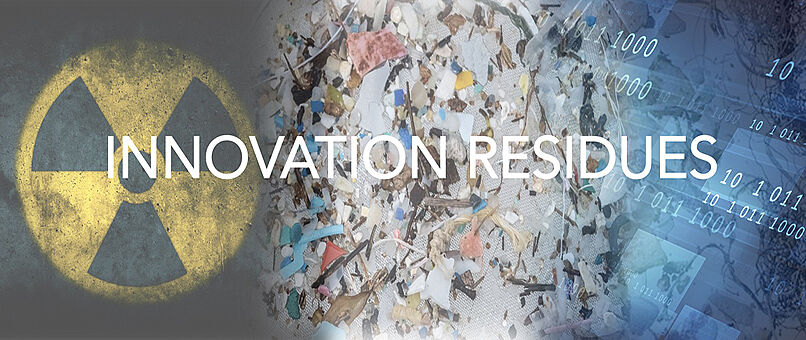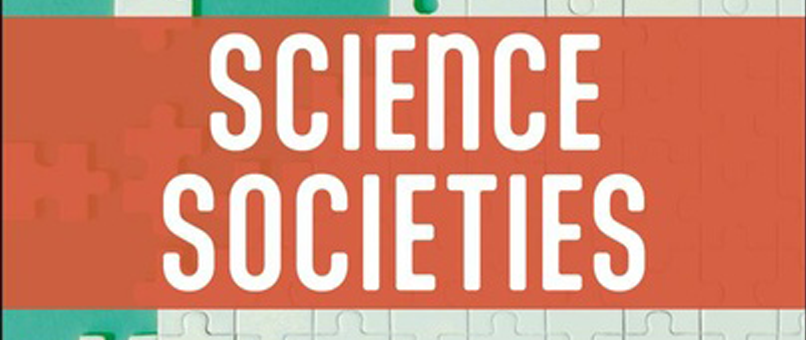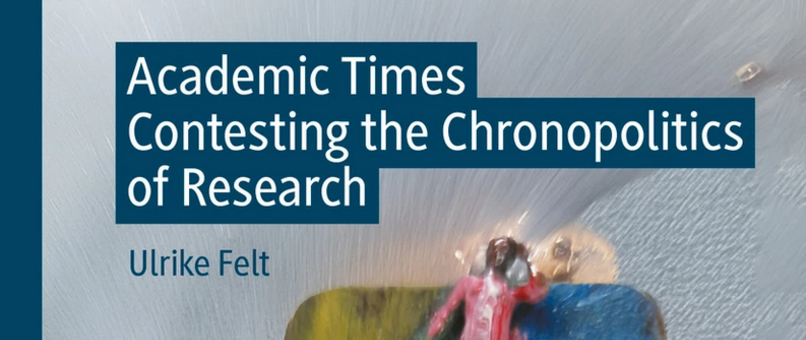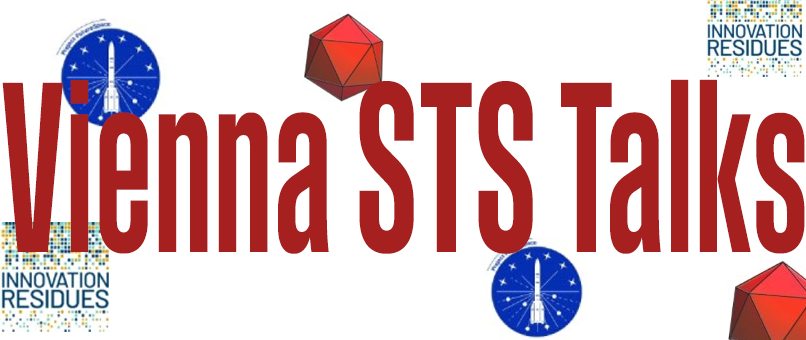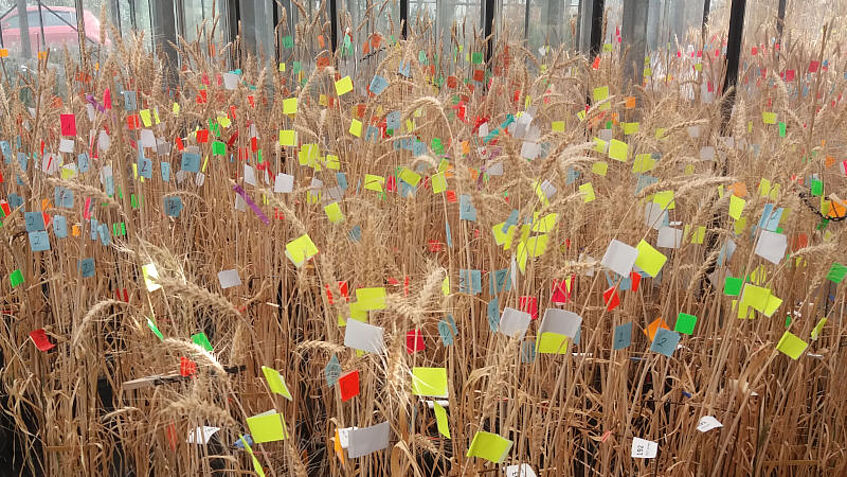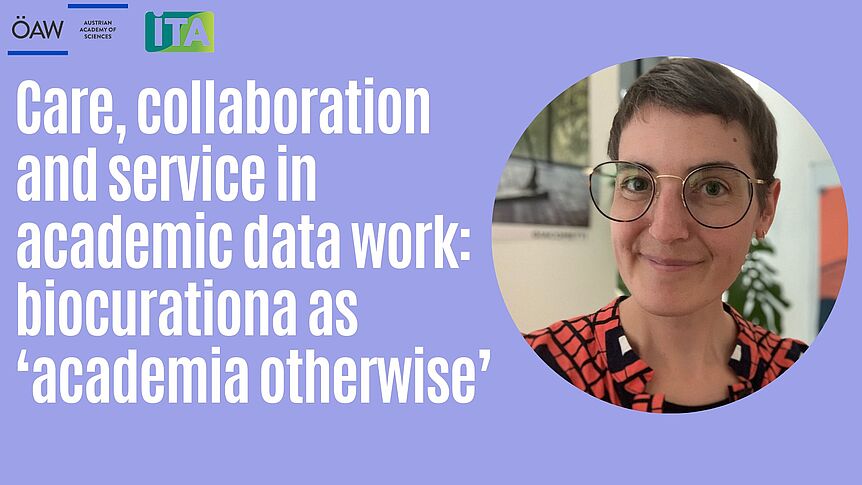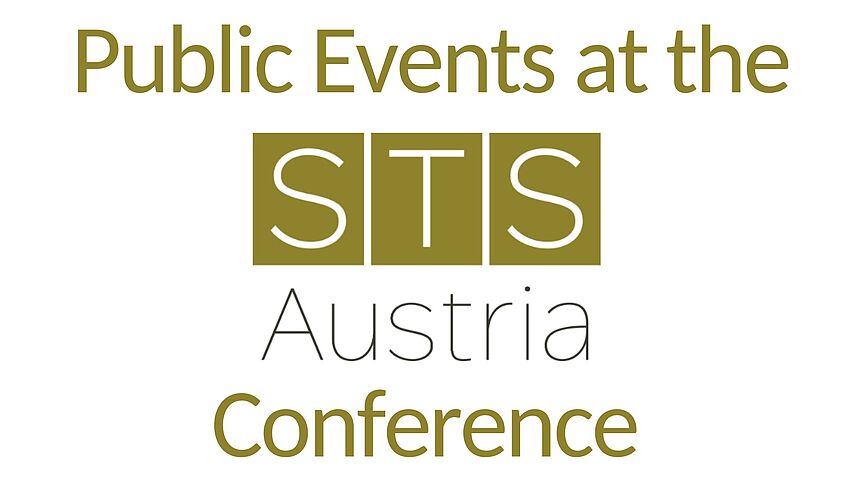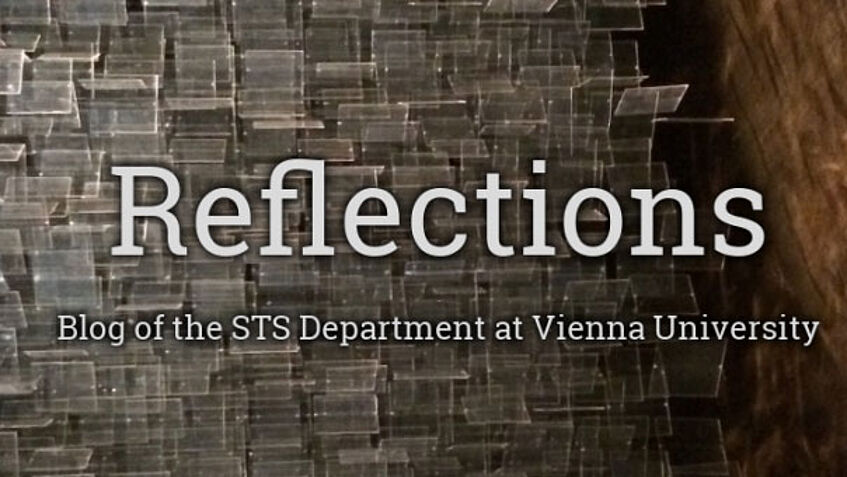Department of Science and Technology Studies
Science, technology and innovation shape life in modern societies in countless ways. Some of these are perceived as positive, others are deeply controversial. In turn, policy, corporations, the media and other societal actors influence how knowledge and technologies are produced. Science and technology studies analyzes these interactions, and aims to foster critical and reflexive debates on the relations of science, technology and society.
Defensiones
Defensio
We warmly invite you to the Master defensio of Kai Jürgen Edgar Strycker
Defensio
We warmly invite you to the Master defensio of Caitlin Harjes
News
FutureSpace is a 5-year research project at the Department of Science and Technology Studies (STS) at the University of Vienna. The project is led by...
Im Forschungsprojekt „Valuing, Being, Knowing“ wurde untersucht, wie Fragen von gesellschaftlicher Relevanz in den Lebenswissenschaften mehr zum...
We are thrilled to announce that Professor Sarah Davies is giving an ITA seminar on 5 December, 1.30 pm:
The STS Austria conference 2023, “Digging Where We Stand: Activism, Community and the Politics of STS” is just around the corner, taking place in...
APA-Science lädt ein zu einem Expert*innenpodium zur Frage, wie der Dialog über den Einsatz von neuer Gentechnik in der Landwirtschaft gelingen kann.
„Umwelt im Gespräch“ ist eine Veranstaltungsreihe des Forschungsverbunds Umwelt und Klima und der Universität Wien in Kooperation mit dem...



